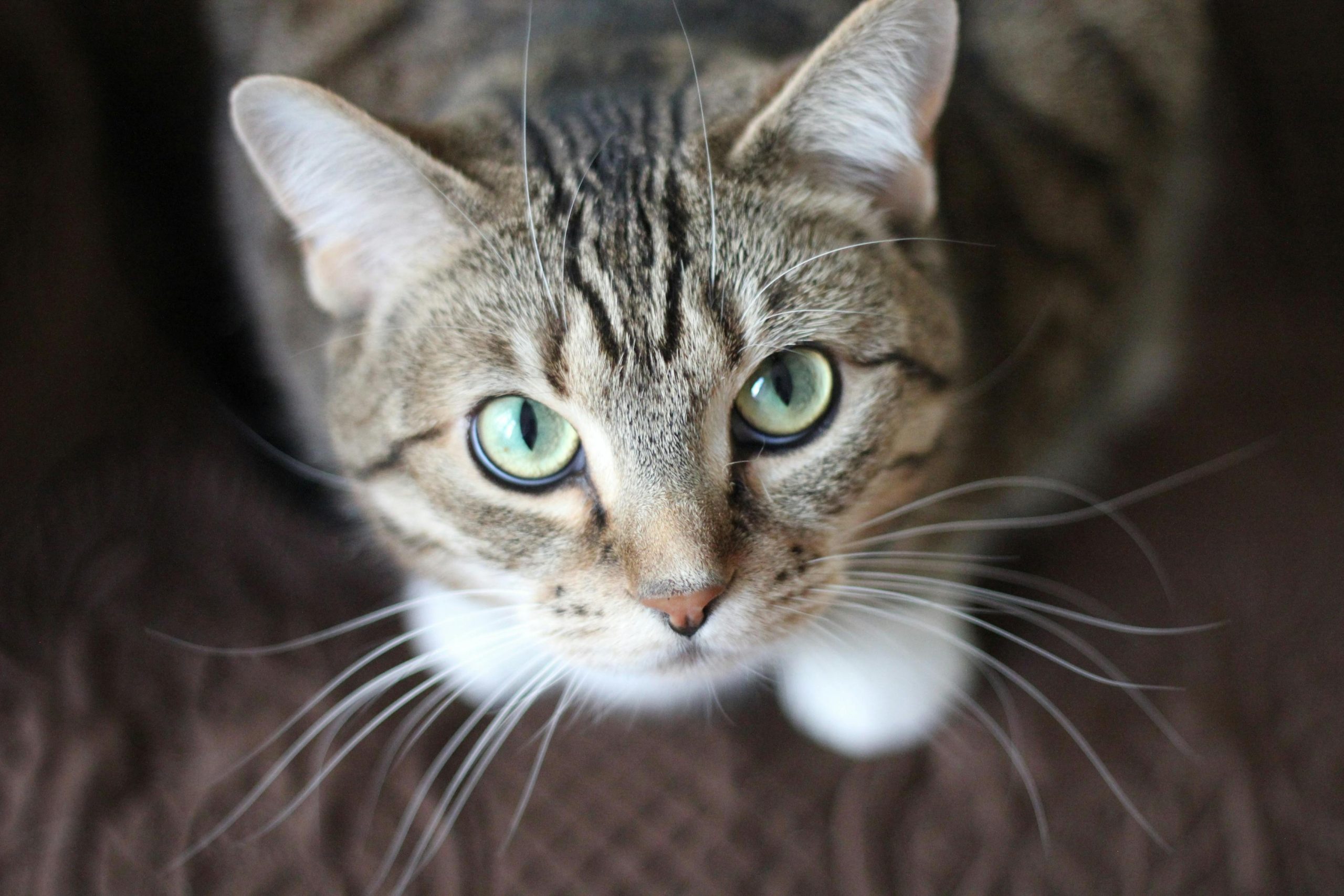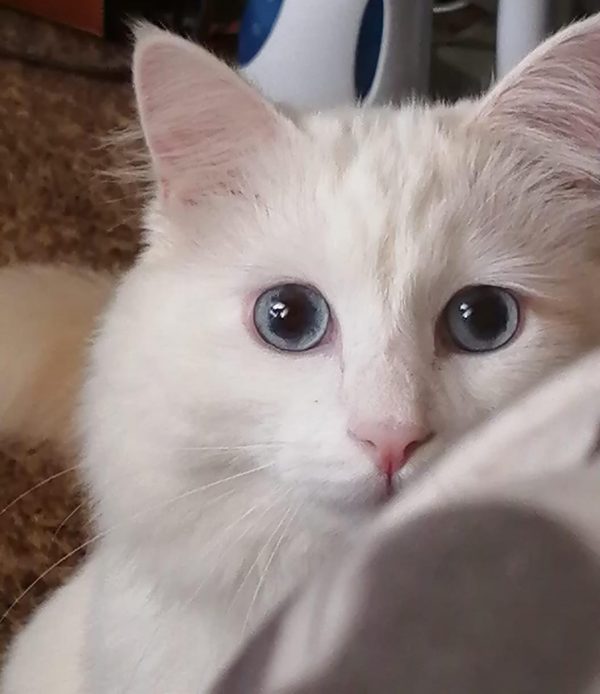Culture Craze
What South African Cat Owners Need to Know About Toxic Foods – Protect Your Furry Friend Today!

If you’re anything like me, your cat isn’t just a pet – they’re family. And just like any family member, their health is top priority. But did you know that some of the everyday foods you enjoy in South Africa can seriously harm your feline friend? Whether it’s a sneaky grape off your fruit platter or a scrap of leftover biltong, certain human treats could land your cat in a veterinary emergency.
The Hidden Danger in Your Kitchen
Cats are curious creatures. That gaze fixed on your plate during dinner is hard to resist, but it’s important to remember: some common foods are downright toxic to them. Ingredients like onions and garlic, staples in so many South African dishes, might add flavour to your chakalaka or bobotie, but can cause anaemia in cats by damaging their red blood cells. Even powdered forms hiding in spice mixes pose risks.
Chocolate is another big culprit. While South Africans might savour a good chocolate slab or Easter bunny, cats don’t have the metabolism to handle theobromine and caffeine in chocolate, which can cause anything from vomiting to seizures. And don’t be fooled by a tiny nibble – dark chocolate packs the strongest punch.
Grapes, Raisins, and That Sweet Temptation
You might have grapes in your fruit bowl or raisins in a koeksister recipe, but these seemingly innocent snacks can trigger rapid kidney failure in cats. The exact reason is still a mystery to veterinarians, but the consequences are too severe to take a chance. If your cat does manage to sneak even a small bite, symptoms like vomiting or lethargy warrant an immediate vet visit.
Beyond the Usual Suspects: What Else Should You Watch?
South African homes are buzzing with a variety of foods, but some less obvious dangers lurk. Raw fish and meat, popular in many diets here, can carry bacteria harmful to cats and contain enzymes that affect vital vitamins, potentially leading to neurological issues. Raw dough left to rise could bloat your cat’s stomach with alcohol and gas. And even your favourite sugar-free gum might contain xylitol, an artificial sweetener that can cause liver failure in cats.

Image 1: Chiraag Davechand
The Social Media Wake-Up Call
With pet owners sharing stories across WhatsApp groups and Facebook communities like “Cape Town Cat Lovers” and “Jozi Pets,” awareness is growing. One viral post recounted a cat saved by a quick vet visit after a sneaky chocolate mishap. It’s becoming clear that education is key – and that local pet owners are eager to learn how to keep their feline companions safe amid our diverse culinary landscape.
Keeping Your Cat Safe: Simple Tips for South African Homes
-
Store human food securely: Cat-proof your pantry, especially around the holidays when festive treats abound.
-
Avoid sharing your plate: Those tempting scraps might be toxic.
-
Provide balanced cat food: Brands like Hill’s and Royal Canin offer nutritionally complete options tailored to cats’ needs.
-
Know the symptoms: Vomiting, lethargy, tremors, or unusual behavior should trigger an urgent vet call.
A Local Responsibility
In South Africa, where pets are family, understanding how our food culture intersects with pet health is crucial. Beyond loving your cat, it’s about creating an environment where they can thrive – free from accidental poisonings and trips to emergency clinics.
Your cat trusts you to keep them safe. By learning which common foods are toxic, you’re not just protecting your pet – you’re upholding a bond that’s as rich and unique as South African life itself.
Also read: Nintendo Switch 2 Launches in South Africa at Midnight – Here’s What You Need to Know
Follow Joburg ETC on Facebook, Twitter , TikTok and Instagram
For more News in Johannesburg, visit joburgetc.com
Source: Hill’s Pet Nutrition, PetMD
Featured Image: Krysten Merriman (Pexels)



























